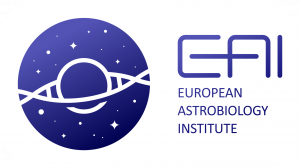Mars Sample Return
The project aims to support the preparation and realization of the Mars Sample Return (MSR) initiative, focusing on the European contribution for astrobiology aspects and working concurrently with related international efforts, mainly the activities of ESA and NASA.
